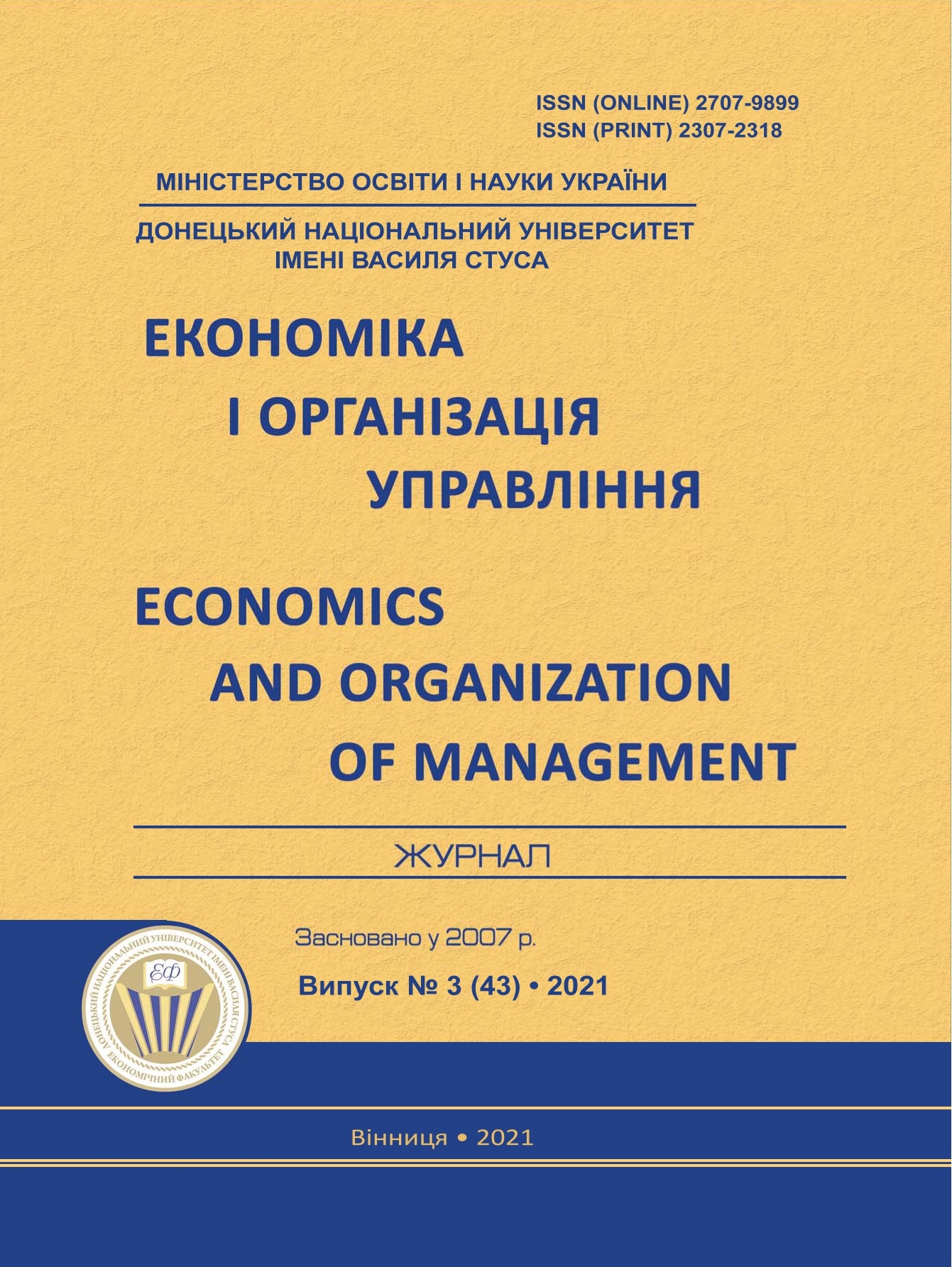Teaching of programming and numerical modeling in the training of economists
DOI:
https://doi.org/10.31558/2307-2318.2021.3.12Keywords:
programming; numerical modeling; economist; professional activity; higher schoolAbstract
To implement the components of the digital economy, not only IT specialists are involved, but also specialists in various fields, in particular, economists, which requires them to have certain knowledge and practical skills. At the same time, the existing experience of teaching mathematical disciplines in the domestic higher school does not give graduates-economists the opportunity to implement the acquired skills in solving professional problems in practice. The purpose of the article is to identify areas of programming and numerical methods in the training of economists in terms of solving their problems in future professional activities. The paper proves the priority of technological design and programming as a specialist's soft skills in 2025. The sequence of methods of teaching numerical modeling is offered. Emphasis is placed on the need to consider numerous professional problems, the solution of which is possible with the help of mathematical models. The necessity of introduction in training of economists of disciplines on programming or teaching of skills of programming in modern languages within the disciplines of a mathematical profile for formation at students of an economic direction of skills of the independent programming realization of numerical modeling is proved. Based on the results of the study, conclusions are formed, the directions of further research are determined.
References
Mesenbourg T. L. Measuring the Digital Economy. U.S. Bureau of the Census. 2001.
Maximizing the impact of digitization / PWC. URL: https://www.strategyand.pwc.com/m1/en/reports/maximizing-impact-digitization.html .
Коломієць Г. М., Глушач Ю. С. Цифрова економіка: контроверсійність змісту і впливу на господарський розвиток. Бізнес Інформ. 2017. № 7. С. 137–143.
Рум’янцева К. Є. Міждисциплінарна спрямованість курсу вищої математики в економічній освіті. Фізико-математична освіта (ФМО). 2017. Випуск 1(11). С. 97-100.
Новицька Л. І. Математичне моделювання в системі економічної освіти. Економіка. Фінанси. Менеджмент: актуальні питання науки і практики. 2019. № 5. С. 94-99.
The Future of Jobs Report 2020. The World Economic Forum. URL: http://www3.weforum.org/docs/WEF_Future_of_Jobs_2020.pdf.
Зануда А. Ринок праці майбутнього: кого шукатимуть і звільнятимуть. URL: https://www.bbc.com/ukrainian/features-55816369.
World Economic Forum: the top 10 skills you’ll need for the future of work. URL: https://www.coorpacademy.com/en/blog/learning-innovation-en/world-economic-forum-thesoft-skills-to-prepare-employees-for-the-future-of-work/.
Palmer B. What Job Skills Will You Need in 2020? URL: https://www.pcma.org/what-jobskills-will-you-need-in-2020/.
Алілуйко А. М. Вища математика у прикладах і задачах для економістів: Навчальний посібник. Тернопіль: ТНЕУ, 2017. 148 с.

